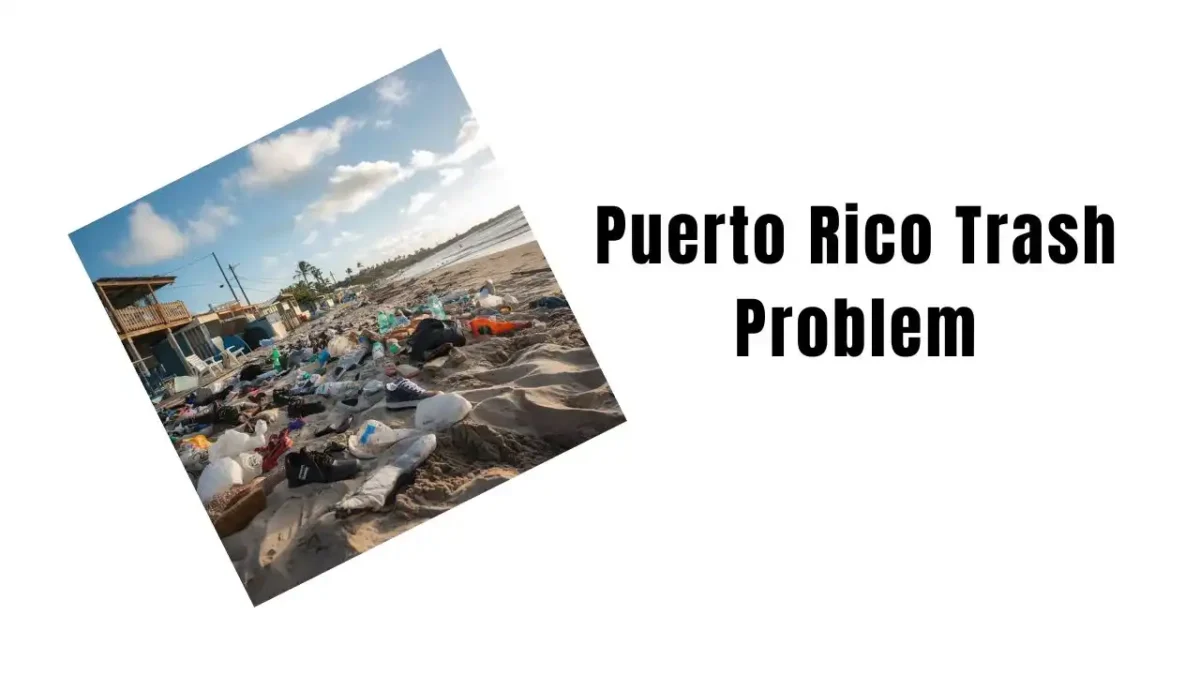The trash crisis in Puerto Rico has escalated due to inadequate waste management systems, affecting both the environment and public health. Annually, the island produces 4.0 million tons of solid waste, with a recycling rate of only 35%. Natural disasters like Hurricane Maria have exacerbated the problem, highlighting the urgent need for better waste management strategies. Community initiatives and government programs, such as ‘Puerto Rico Recycles’, are underway to promote recycling and sustainability.
The trash problem in Puerto Rico has reached critical proportions, primarily due to systemic inadequacies in waste management systems. Recent statistics indicate that the island generates approximately 4.0 million tons of solid waste annually, equating to about 11,000 tons each day. A significant portion of this waste ends up in landfills, raising concerns over sustainability and environmental impact. The island’s recycling rate hovers around 35%, a figure that starkly highlights the challenges faced in waste reduction and management.
The roots of Puerto Rico’s trash crisis can be traced back several decades, marked by a reliance on landfills as the primary disposal method. Over time, the government struggled to establish effective waste management policies, leading to the neglect of recycling programs and the improper handling of hazardous waste. Furthermore, political and economic challenges hindered investments in modern waste management infrastructure, exacerbating the issue and contributing to the deteriorating state of various landfills across the island.
Natural disasters, particularly hurricanes, have significantly exacerbated the puerto rico trash problem. For instance, Hurricane Maria in 2017 resulted in overwhelming debris accumulation, further stressing an already strained waste management system. The debris removal process took months, highlighting the inefficiencies within the existing framework. Furthermore, the aftermath of such disasters often leads to increased waste generation and challenges in timely disposal, posing substantial risks to both public health and environmental quality.
Climate change may also be seen as a contributing factor, influencing patterns of waste generation and management. As extreme weather events become more common, the debris created from such events has a lasting impact on the overall waste management systems in Puerto Rico. Addressing this crisis requires a multi-faceted approach that not only considers immediate cleanup efforts but also fosters long-term sustainable waste management solutions.
Discover more from Majhi Naukri | माझी नोकरी 2025
Subscribe to get the latest posts sent to your email.



